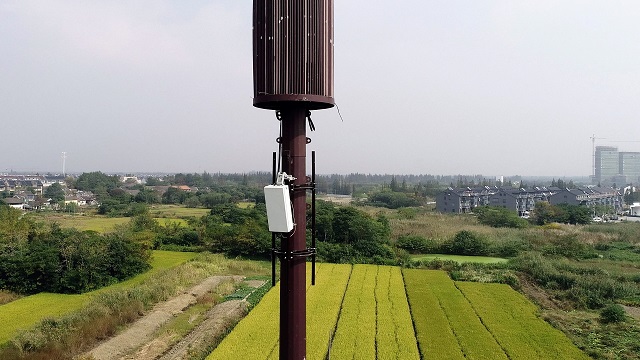Three major mobile network providers in Austria said that the expansion of their 5G network in the country had stalled, partly due to high rental costs for mobile sites and a lack of state incentives.
 Austria, with a population of 8.9 million, has pledged to become a 5G pioneer in Europe. It aims for main traffic routes to have 5G services available by the end of 2023 and to have virtually nationwide 5G network coverage by the end of 2025.
Austria, with a population of 8.9 million, has pledged to become a 5G pioneer in Europe. It aims for main traffic routes to have 5G services available by the end of 2023 and to have virtually nationwide 5G network coverage by the end of 2025.
But after a promising start, the telecoms companies now say the framework conditions are inadequate.
“It’s stuck,” said Andreas Bierwirth, the chief of Deutsche Telekom’s Austrian division Magenta, who was talking about the expansion process at an online industry panel.
“We see that especially in Germany a lot is going on … in other countries too … and with bad luck we will be overtaken left and right by one or the other country.”
The government had committed to provide public infrastructure for mobile towers, but the implementation has been slow, said Jan Trionow, chief executive officer of Hutchison’s Drei Austria.
Andreas Bierwirth said rental costs for mobile towers in Austria are often more than twice as much as in German cities such as Berlin or Munich.
Austria’s 3 billion euro ($3.4 billion) mobile network expansion is mainly funded by the three telecom companies, which also include A1 Telekom Austria, in equal shares.
A reduction in mobile tower costs and frequency fees as well as tax incentives for private households and improved cooperation with communities could help the industry to better cope with the challenges, said Jan Trionow.
5G spectrum auctions
Austria will postpone its second 5G frequency auction for the 700, 1,500 and 2,100 MHz bands due to the coronavirus crisis, telecoms regulator RTR said in March 2020.
Austria’s first 5G auction was selling the 3.4 to 3.8 GHz band that will mainly speed up data services in densely populated areas.
The auction for the 700, 1,500 and 2,100 MHz bands, which will provide data rates needed for autonomous driving and to connect machines and production sites, was initially planned for April.
Austria’s three major mobile network providers, which all bought licenses in the first round, are A1 Telekom Austria, which is controlled by Mexican tycoon Carlos Slim and the Austrian state, Deutsche Telekom’s Magenta Telekom and Chinese Hutchison’s Drei Austria.
Deutsche Telekom has said it would invest a total of 1 billion euros until 2021 to build its 5G network in Austria.





